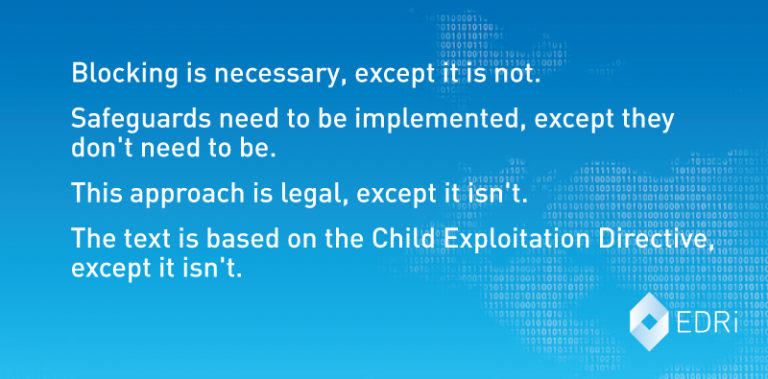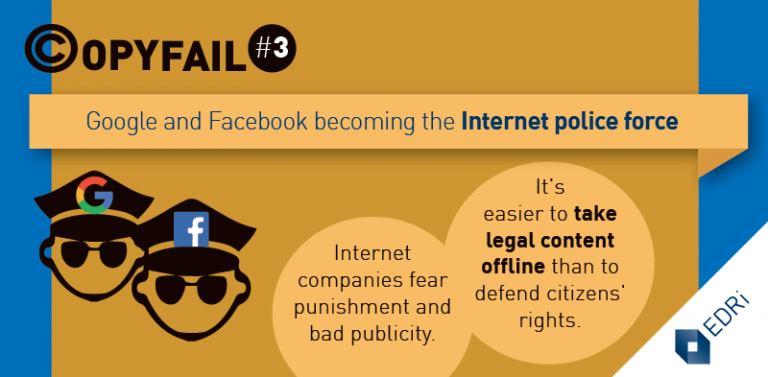“1. Affirms that the same rights that people have offline must also be protected online, in particular freedom of expression, which is applicable regardless of frontiers and through any media of one’s choice, in accordance with articles 19 of the Universal Declaration of Human Rights and the International Covenant on Civil and Political Rights;”
These are words from the United Nations Human Rights Council, in a declaration of the 27:th of June. (PDF») It continues…
“8. Calls upon all States to address security concerns on the Internet in accordance with their international human rights obligations to ensure protection of freedom of expression, freedom of association, privacy and other human rights online, including through national democratic, transparent institutions, based on the rule of law, in a way that ensures freedom and security on the Internet so that it can continue to be a vibrant force that generates economic, social and cultural development;”
“9. Condemns unequivocally all human rights violations and abuses, such as torture, extrajudicial killings, enforced disappearances and arbitrary detention, expulsion, intimidation and harassment, as well as gender based violence, committed against persons for exercising their human rights and fundamental freedoms on the Internet, and calls on all States to ensure accountability in this regard;”
“10. Condemns unequivocally measures to intentionally prevent or disrupt access to or dissemination of information online in violation of international human rights law and calls on all States to refrain from and cease such measures;”
Great! Or… what?
I cannot help noticing that Turkey is one of the signing countries… And Poland, despite the country’s ever more dubious approach to free speech.
The United Kingdom (with the GCHQ) and the United States (home of the NSA) have signed the declaration. And countries like Sweden (FRA), Germany (BND) – who are part of the global surveillance network.
Do they really mean what they say? Probably not.
This is a great UN declaration. But the fight for a free and open internet, free speech, privacy and civil rights still needs to be fought by an army of activists. You simply cannot trust governments with this, just because they say so.
It’s like 5 July 2012. The day that gave the 5 July-foundation (who, among other things is running this blog) its name. (Read more») This was the date for an ambitious UN resolution “on the Promotion, Protection, and Enjoyment of Human Rights on the Internet”.
Then, like now, we believe that words are not enough and that the Internet community must engage in the battle to defend the values stated in the resolution.
Today the 5 July-foundation runs several projects for security, privacy and liberty. (Read more»)
Actually, today is also the second anniversary of this blog – trying to identify threats to digital liberty. I hope you enjoy it.
And let’s use this UN resolution as valuable support when our governments go back to Big Brother Business as usual. We have their words on paper. And we demand that they stand by them!
/ HAX
• The Declaration (PDF) »
• UN rights council condemns internet blocking »
• UN rights council condemns the disruption of internet access »
• UN Human Rights Body Condemns Nations Blocking Internet Access »
• UN Human Rights Council Passes Resolution ‘Unequivocally’ Condemning Internet Shutdowns »
• Disrupting Internet Access Is A Human Rights Violation, UN Says »

